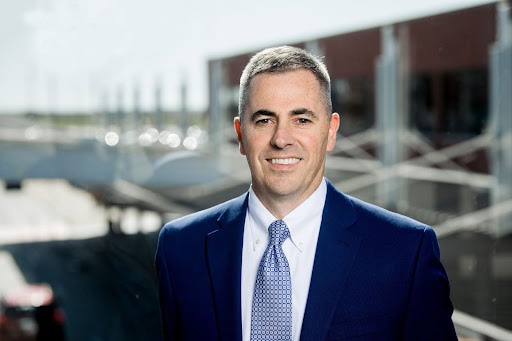Report: Road costs not covered by gas taxes

The Iowa Public Interest Research Group (PIRG) released a report yesterday that the nonprofit public policy group says disproves a common misperception: that road building costs are fully paid for by user fees. The report, “Do Roads Pay for Themselves?” concludes that gasoline taxes cover barely half the costs of building and maintaining roads, and can be expected to cover an increasingly smaller percentage over time.
Among the findings of the report:
* Federal gasoline taxes were originally intended for debt relief, not roads.
* U.S. highways, roads and streets have received more than $600 billion in subsidies over the last 63 years in excess of the amount raised through gasoline taxes.
* The amount of money a particular driver pays in gasoline taxes bears little relationship to his or her use of roads funded by those taxes. Drivers pay gasoline taxes for the miles they drive on local streets and roads, even though those proceeds are typically used to pay for state and federal highways.
* Iowa’s gas taxes are partly offset by subsidies that exempt gasoline from sales taxes.
“Here in Iowa our state gas taxes can only be spent on highways,” said Sonia Ashe, an advocate with Iowa PIRG. “The road lobby promotes the idea that highways therefore pay for themselves, but the truth is that general taxes still massively subsidize our roads. By earmarking those transportation funds based on false premises, our tax dollars don’t necessarily go where the needs and benefits are greatest.”
Gov.-elect Terry Branstad said during the campaign that he would be open to considering an increase in the state’s gasoline tax once the recession is over. Gov. Chet Culver had killed a proposed gasoline tax increase during the 2009 legislative session by threatening to veto the measure.
The report urges policy-makers to consider all transportation modes, not just highway projects, when providing funding, with consideration of the long-term benefits of those transportation projects.
Branstad is considering whether the state should reverse an $8.1 million budget allocation by the Culver administration to bring high-speed passenger rail service into the state. The Federal Railroad Administration awarded $230 million to the Iowa and Illinois departments of transportation in October to initiate intercity service between Chicago and Iowa City. Iowa would lose its portion of the federal funding if the project is killed.
To download the report, click here.








